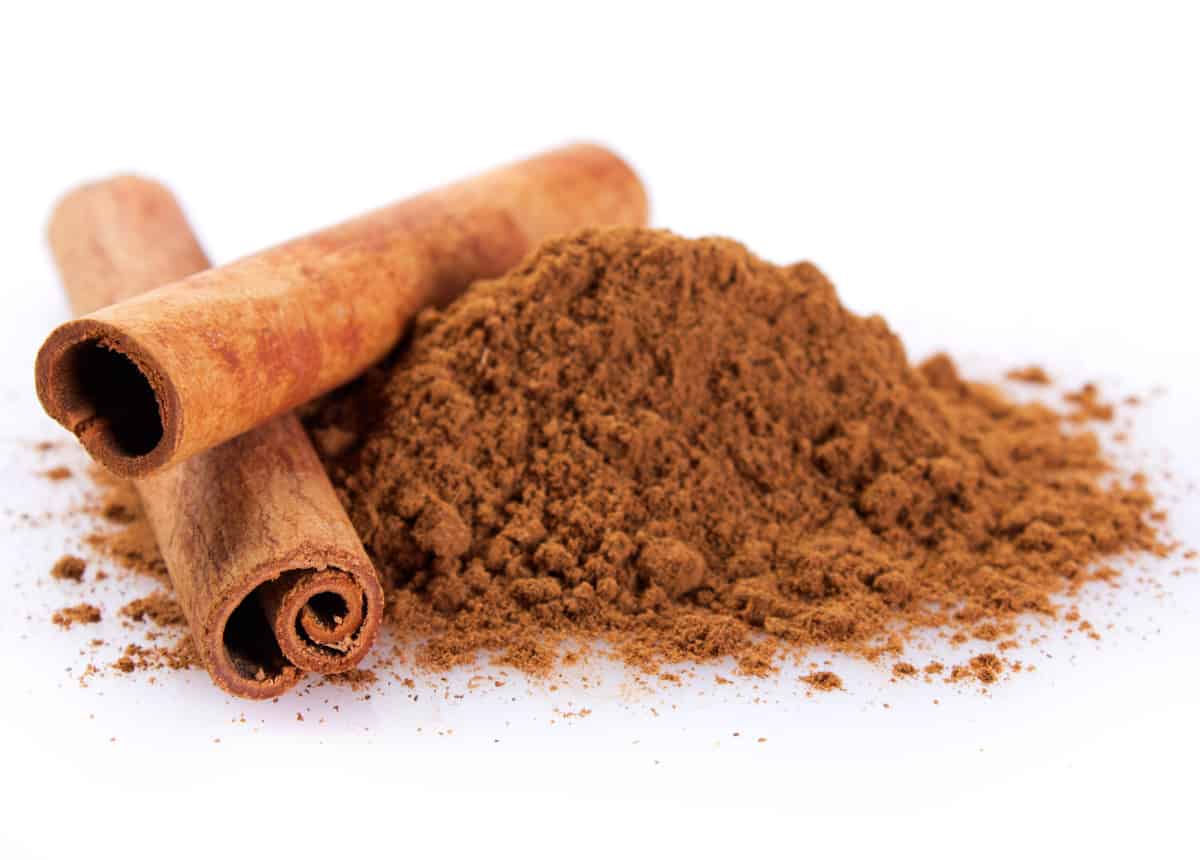Using cinnamon as a natural fungicide is a great way to protect your plants from fungal diseases without having to resort to chemical treatments. Fungal diseases can be a common problem in gardens, particularly in damp or humid conditions, and can lead to plant damage or even death if left untreated. Cinnamon can be an effective solution to this problem.

To use cinnamon as a natural fungicide, sprinkle a small amount of ground cinnamon around the base of your plants, making sure to cover the soil evenly. This will help to prevent fungal growth in the soil and protect the roots of your plants.
If you prefer to use a spray, you can mix a small amount of ground cinnamon (or place whole sticks inside) with water to create a solution that can be sprayed onto the leaves of your plants. This will help to prevent fungal growth on the leaves and stems of your plants.
@axeandroothomestead My first secret seedling tip? Seedlings LOVE cinnamon. A little sprinkle can: - deter gnats and flies - prevent soil mildew/algae - some say it reduces dampening off (not paid attention to that one, though I don’t run into a lot of dampening off—maybe this is why! 🤣🤔) Have you tried it? Stay tuned for more of my secret tips. I have some good ones. #permaculturelife #permaculture #homestead #homesteading #garden #permacultura #permaculturegarden #organicgardening #permaculturevibes #sustainable #gardening #gardenproject #gardening101 #gardentok #gardeninghacks ♬ original sound - Angela
Cinnamon is also believed to have other benefits for plants, including promoting root growth and deterring pests. So, using cinnamon as a natural fungicide can not only help to protect your plants from fungal diseases but also promote overall plant health.
It's important to note that while cinnamon is a natural product, it can still cause harm if used excessively. So, make sure to use it sparingly and only when necessary. Also, if you're unsure if your plants have a fungal disease, it's best to consult with a gardening expert or plant specialist to ensure that you're using the right treatment.
